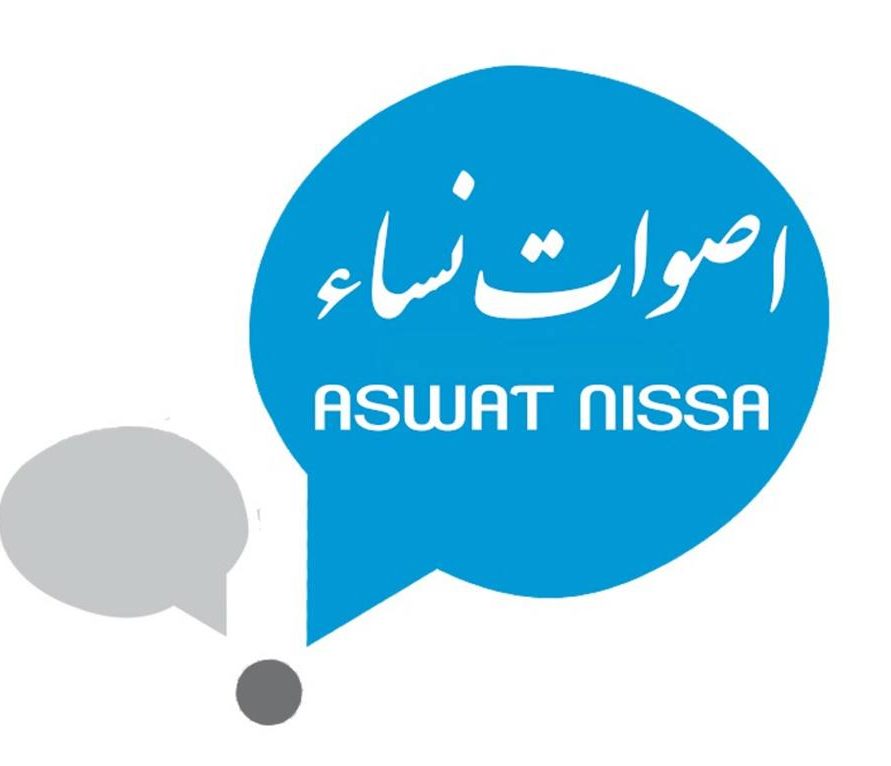Aswat Nissa celebrates the 1325 Resolution’s 18th anniversary

The 1325 UN Resolution is the first formal and legal document imposed by the Security Council on the different parties to a conflict to force them to respect women’s rights and to support their participation during peace negotiations and post-conflict reconstruction. This resolution called upon the States to adopt concrete measures to apply its dispositions within their laws and their public policy.
For two years, Aswat Nissa has been working on the implementation of the 1325 Resolution in Tunisia with female politicians from different political parties, with MPs from different parliamentary groups, with government representatives and with the rest of the civil society. Aswat Nissa also directly participated in the drafting committee for the first 1325 National Action Plan for Tunisia (adopted in July 2018).
One of the key elements of the Action Plan is to reform many aspects of the security and justice system in respect to gender equality. To do so, Aswat Nissa launched its study entitled “Women and Overall Security: Towards a Reform of the Security Sector Sensitive to Gender in Tunisia”. This study was based upon a country-wide field investigation. This study allowed a better understanding of the citizen’s perceptions of the security sector, and of women’s participation in this sector. From these results, Aswat Nissa concluded that the Tunisian citizens were in favor of a stronger female presence in the security sector, thought that women had the same skills as men in the security sector, and were in favor of women holding decision-making positions in the security sector.
In October 2018, for the first time in Tunisia, Aswat Nissa launched a network of female MPs and ambassadors for the Women, Peace and Security Agenda in Tunisia. The group of women committed itself to working together for the institutionalization of gender-responsive budgeting within the Organic Budget Law, but also to pleading in favor of horizontal and vertical parity for the legislative elections.



